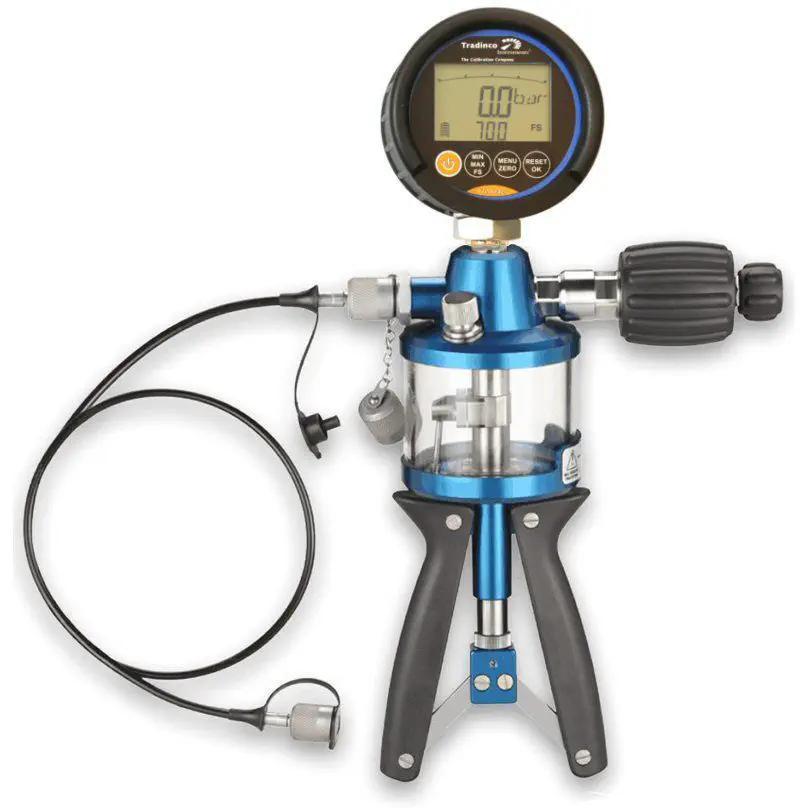
The global Mind Healing Treatment Market is predicted to reach USD 304.59 billion by 2030 with a CAGR of 32.4% from 2025-2030. The mind healing treatment market, encompassing therapies and solutions for mental health disorders, is undergoing a transformative phase driven by technological innovation and growing societal awareness. With mental health conditions like anxiety, depression, and post-traumatic stress disorder (PTSD) on the rise, the demand for accessible and effective treatments has never been higher. Recent developments, particularly in digital therapeutics and AI-driven solutions, are reshaping the landscape of mental health care. This article explores the latest advancements, key players, and challenges in the mind healing treatment market, drawing on recent news to highlight its trajectory.
Download FREE Sample: https://www.nextmsc.com/mind-healing-treatment-market-hc3208/request-sample
The Rise of Digital Therapeutics
Digital therapeutics, a subset of digital health, are at the forefront of the mind healing treatment market. These evidence-based interventions, delivered through software or mobile applications, aim to treat psychological conditions by modifying behaviors or providing therapeutic support. Companies like Talkspace, BetterHelp, and Headspace are leading the charge, offering platforms that connect users with licensed therapists or provide guided meditation and cognitive behavioral therapy (CBT) exercises. A recent report highlighted the rapid growth of the digital mental health services market, driven by the convenience and scalability of these platforms.
Innovations in this space include AI-powered tools that enhance treatment personalization. For instance, startups like Aiberry, based in India, have developed platforms that analyze speech and facial expressions to detect mental health disorders with high accuracy. Such advancements are making mental health assessments more accessible, especially in regions with limited access to traditional therapy.
Psychedelic-Assisted Therapies Gain Traction
Another significant development is the growing acceptance of psychedelic-assisted therapies. Psilocybin, the psychoactive compound in magic mushrooms, has shown promising results in treating treatment-resistant depression. COMPASS Pathways recently announced positive Phase IIb results for its psilocybin therapy, positioning it closer to regulatory approval. This breakthrough has sparked interest from other companies like MindMed and Cybin, which are exploring psychedelics for conditions like anxiety and PTSD. Posts on X reflect enthusiasm for this trend, noting the potential of psychedelics to address unmet needs in mental health care.
These therapies are gaining regulatory support, with several regions decriminalizing or legalizing psilocybin for therapeutic use. This shift is driven by increasing clinical research and changing societal attitudes, which are reducing the stigma associated with psychedelic treatments.
AI and Wearables in Mental Health
Artificial intelligence is revolutionizing the mind healing treatment market by enabling predictive and preventive care. AI-driven platforms are being used to identify at-risk individuals through data analytics, allowing for timely interventions. For example, companies like Mindstrong Health are integrating mental health algorithms into wearables like Fitbit and Apple Watch, tracking biometric data to monitor mental well-being. These tools can detect subtle changes in behavior or physiology, offering early warnings for conditions like depression or anxiety.
Google’s healthcare initiatives are also contributing to this trend. By leveraging AI and cloud infrastructure, Google is supporting faster drug discovery and smarter diagnostics, which indirectly benefits the mind healing market by accelerating the development of new therapies. These advancements are particularly impactful in emerging economies, where startups like HuddleHumans (Singapore) and MindEase (Nigeria) are using AI to bridge gaps in mental health access.
Inquire Before Buying: https://www.nextmsc.com/mind-healing-treatment-market-hc3208/inquire-before-buying
Teletherapy and Accessibility
The expansion of teletherapy is another key driver of the mind healing treatment market. Digital platforms have made therapy more accessible, particularly for underserved populations. The integration of telehealth into mainstream healthcare systems has been accelerated by government initiatives and increased funding for mental health infrastructure. For example, North America leads in digital therapy adoption due to robust healthcare systems and favorable reimbursement policies.
However, accessibility remains a challenge, particularly for lower-income populations. Many individuals face financial barriers, as therapy sessions and specialized treatments often require out-of-pocket payments. Expanding insurance coverage and developing cost-effective digital alternatives are critical to ensuring equitable access to mind healing treatments.
Maternal and Perinatal Mental Health
The maternal mental health segment is gaining attention within the broader market. Companies like Therapy Mama and Canopie are developing targeted solutions for postpartum depression and pregnancy-related anxiety. Recent initiatives, such as increased government funding to reduce maternal mortality rates, are supporting the development of perinatal mental health programs. Nutritional supplements, like iron and zinc, are also being promoted to support mental well-being during and after pregnancy, reflecting a holistic approach to maternal care.
Challenges in the Market
Despite these advancements, the mind healing treatment market faces significant challenges. One major hurdle is the lack of robust quality standards for digital therapeutics and complementary therapies. Without clear regulatory frameworks, consumer trust and investment in these solutions may be limited. Additionally, the high cost of treatments, particularly in low- and middle-income countries, restricts access for many patients.
The market also faces challenges in addressing the full spectrum of mental health disorders. While digital therapies are effective for conditions like anxiety and depression, more severe disorders like schizophrenia require comprehensive, in-person interventions that are harder to scale. Furthermore, the digital divide limits the reach of teletherapy and AI-driven solutions in regions with poor internet connectivity or outdated technological infrastructure.
Regulatory and Societal Shifts
Regulatory advancements are shaping the market’s future. Governments worldwide are prioritizing mental health, with policies aimed at reducing stigma and improving access to care. The U.S. Department of Health and Human Services’ 2023 Food Is Medicine initiative, for example, aligns with complementary and alternative medicine (CAM) principles, promoting holistic approaches to mental well-being. These initiatives are encouraging the integration of CAM practices, such as mindfulness and herbal therapy, into mainstream healthcare.
Societal attitudes are also evolving, with increased awareness of mental health issues driving demand for innovative treatments. The growing emphasis on early intervention and personalized care is pushing providers to develop tailored solutions, from AI-driven diagnostics to psychedelic therapies.
Conclusion
The mind healing treatment market is poised for significant growth, driven by digital therapeutics, psychedelic-assisted therapies, and AI innovations. Companies like Talkspace, COMPASS Pathways, and Aiberry are leading the way, while government support and societal shifts are creating a favorable environment for expansion. However, challenges like regulatory gaps, accessibility barriers, and the digital divide must be addressed to ensure equitable access to these treatments. Can digital therapies truly revolutionize mental health care? With continued innovation and collaboration, the market has the potential to transform lives, offering hope for a more accessible and effective approach to mind healing.




















Write a comment ...